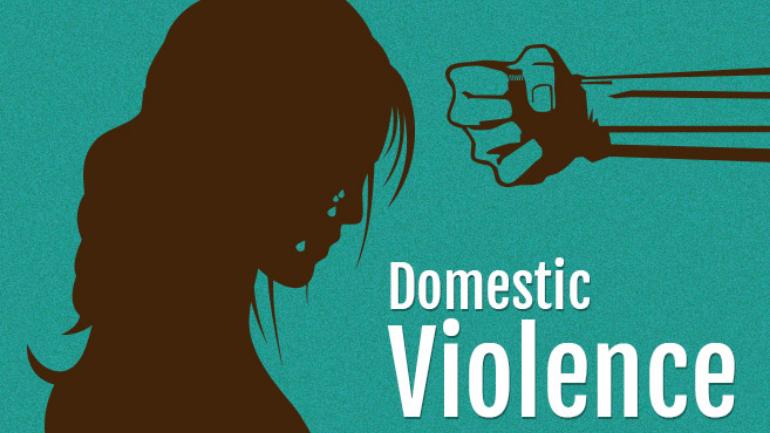
In the sprawling city of Houston, Texas, a sobering reality persists: domestic violence affects countless individuals and families, often shattering lives behind closed doors. According to the Texas Council on Family Violence, in 2020 alone, there were 185,817 incidents of family violence reported in the state, with Houston being one of the major areas affected. These numbers underscore the urgent need for actionable solutions and community support to combat this pervasive issue. From empowering survivors to engaging communities, here are ten effective strategies to combat domestic violence in Houston:
1. Education and Awareness Campaigns
At the heart of prevention lies education. Launching comprehensive awareness campaigns across Houston is crucial to help individuals recognize the signs of domestic violence, understand its impact, and know where to seek help. These campaigns can utilize various mediums such as social media, billboards, workshops, and school programs to reach diverse audiences.
2. Strengthening Support Services
Increasing funding for local shelters, hotlines, and support services is essential. Houston can expand its network of shelters and ensure they are adequately staffed and equipped to accommodate survivors and their families. This includes providing mental health services, legal aid, childcare, and other crucial resources.

3. Community Outreach Programs
Engaging communities directly through outreach programs fosters a culture of support and awareness. These programs can include neighborhood workshops, support groups, and partnerships with local businesses and religious organizations. By making resources accessible within communities, survivors are more likely to seek help.
4. Police Training and Response Improvement
Effective law enforcement response is critical in domestic violence cases. Providing specialized training for police officers on handling these situations with sensitivity and understanding can lead to better outcomes for survivors. Additionally, implementing clear protocols for responding to domestic violence calls ensures a swift and appropriate intervention.
5. Legal Aid and Advocacy
Navigating the legal system can be daunting for survivors. Houston can establish programs that offer free or low-cost legal aid, guiding survivors through protective orders, custody battles, and other legal matters. Collaborating with legal advocacy groups strengthens this support network.

6. Culturally Competent Services
Houston’s diverse population requires culturally competent services that cater to various communities. This includes language-accessible resources, culturally sensitive counseling, and awareness campaigns that address specific cultural norms and barriers to seeking help.
7. Empowering Youth Through Education
Breaking the cycle of violence starts with educating the younger generation. Houston schools can integrate age-appropriate curriculum on healthy relationships, consent, and conflict resolution. By empowering youth with knowledge and skills, they become agents of change in their communities.
8. Employer Support Programs
Many survivors face challenges in the workplace due to domestic violence. Houston businesses can implement policies that support employees experiencing abuse, such as flexible work arrangements, counseling services, and safety planning. This not only aids survivors but also creates a safer work environment for all.
9. Technology for Safety
In the digital age, technology can be a powerful tool for safety. Houston can promote the use of apps and devices that aid in documenting abuse, providing resources, and connecting survivors with support networks. This includes safety apps, online chat services, and GPS tracking for high-risk situations.

10. Collaboration and Coordination
Ultimately, a comprehensive approach to combating domestic violence in Houston requires collaboration among various stakeholders. This includes government agencies, law enforcement, nonprofits, healthcare providers, schools, and the private sector. By coordinating efforts, sharing resources, and aligning strategies, Houston can create a united front against domestic violence.
Conclusion
Domestic violence is a complex and deeply rooted issue that demands a multifaceted response. In Houston, implementing these ten strategies can make a significant difference in supporting survivors, preventing future violence, and fostering a community of empathy and empowerment. By raising awareness, strengthening support systems, and engaging all sectors of society, Houston can take meaningful steps towards eradicating domestic violence and creating a safer, more resilient city for all its residents. The road ahead may be challenging, but with determination and collective action, positive change is not only possible but within reach.